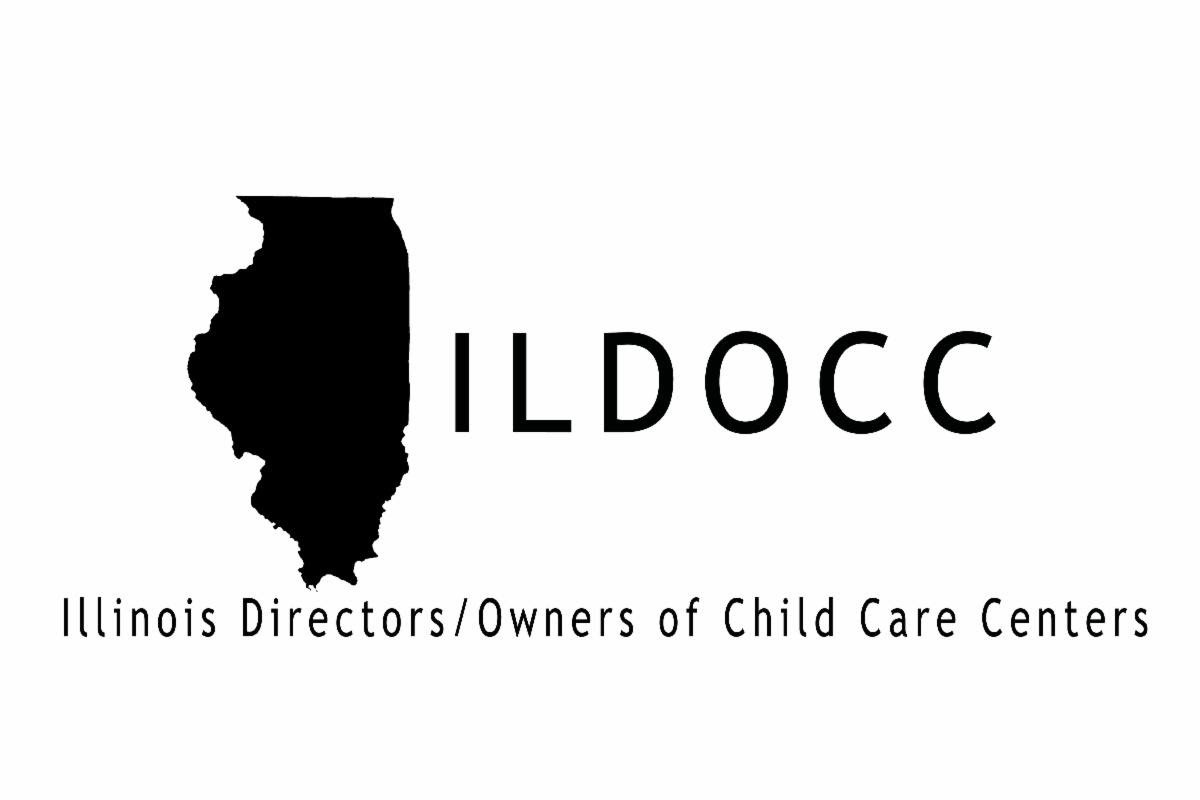Responsive caregiving is a way of caring for children. It is how adults respond quickly and kindly to a child's needs, and it is crucial in early childhood.
Take, for instance - an example of responsive caregiving in action; little Mia, just 18 months old, reaches for her favorite toy on a high shelf. She stretches, grunts, and looks at her mother with pleading eyes. Without hesitation, her mother notices, smiles, and helps Mia reach the toy.
Responsive caregiving is the heart of nurturing child development. It has a big impact on how children develop. It affects their emotions, thinking, and social skills. It also helps their physical growth.
This article will cover how responsive caregiving shapes a child's early years. Before you finish reading, you will see the impact of responsive caregiving on a child's emotional, cognitive, physical, and social development.
What Does Responsive Caregiving Entail?
Responsive caregiving has some key parts. First, adults must pay attention to what a child needs. They watch and listen closely. Second, they respond quickly. They don't make the child wait long for help. Third, they respond in a way that fits the child's needs. They give the right kind of help.
Responsive care is different from non-responsive care. In non-responsive care, adults might ignore a child's needs. They might respond slowly or in ways that don't help. They might be too busy to notice what the child needs.
Caregivers play a big role in responsive care. They can be parents, family members, teachers, or daycare professionals. Professional caregivers know how to give responsive care, and this means learning to watch children closely. It means learning to respond in helpful ways.
What Does Responsive Caregiving Do to Kids’ Formative Years Development?
Responsive caregiving influences children's early development in many aspects:
On emotional development:
Helps to build secure attachments.
Responsive caregiving helps children's emotions grow in good ways. One big way is through attachment - and it's the close bond between a child and the caregiver or parent(s). When caregivers respond well, children form secure attachments. This means they feel safe and loved.
Helps to develop emotional regulation.
Responsive care also helps children learn to handle their feelings. This is called emotional regulation. When adults respond to a child's feelings, it teaches the child that feeling emotions are okay. They learn ways to calm down when upset.
Helps to enhance their self-esteem.
Children who get responsive care also build self-esteem. They learn that they are important and they recognize that their needs are valued.
On cognitive development:
Enhances language development.
Responsive caregiving helps children's minds grow, and one big area is language. When adults talk to children and respond to their sounds, it helps children learn new words. They learn how to use language to communicate.
Encourages problem-solving skills.
Responsive care also helps children learn to solve problems. When adults assist children in solving problems, it shows them how to think critically. They learn to try different ways to solve them.
Strengthens executive function.
Another important area is executive function - which includes skills like focus, memory, and self-control. Responsive care helps these skills grow. When adults guide children through tasks, it helps children learn to pay attention. They learn to remember instructions and control their actions.
On social development:
Builds trust in relationships.
Responsive caregiving helps children learn how to be with others, and it starts with trust. When children get responsive care, they learn to trust others. They feel safe in relationships.
Helps in the development of empathy.
Responsive caregiving also helps children develop empathy, which is the ability to understand and relate with how others feel. When adults respond to a child's feelings, it teaches empathy. The child learns to notice and care about others' feelings, too.
Helps in learning social skills.
Responsive care also teaches social skills. Children who experience quality responsive caregiving know how to be empathetic and good to others. These social skills enable them to mingle with others.
On physical development:
Supports motor skill development.
Responsive caregiving also helps children's bodies grow well. When adults respond to a child's attempts to move, it helps the child feel safe to practice new movements.
Promotes healthy growth.
Responsive care also helps children's health. Responsive caregivers notice when a child is hungry or tired. They help the child eat well and get enough rest. This helps the child's body grow strong.
Reduces stress for better health.
Responsive care also reduces stress in children. When children feel stressed, it can affect their health. But when they get responsive care, they feel calm, which is good for their physical health.
Why Every Child Should Experience Responsive Caregiving
The effects of responsive caregiving last a long time. They are still felt even when the child who received it is older. For example, it can help with school. Children who get responsive care often do better in school. They focus better and are better at learning new things.
Responsive care also helps mental health. Children who get this care are often happier as they grow up. They manage stress more effectively and hardly face mental health challenges.
Responsive care also affects future relationships. Children who get responsive care often have better relationships as adults. They know how to trust others and how to be caring in relationships.
How to Implement Responsive Caregiving in Various Settings
At home:
Responsive caregiving can happen in many places. At home, parents and family members can give this care. They can talk and play with young children. They can listen to older children's thoughts and feelings.
In schools and daycare:
In daycare and schools, professionals and teachers alike can use responsive care too. They can pay attention to each child's needs. They can respond in ways that help each child learn and grow. They can establish a secure, caring place for children.
Final Words
Responsive caregiving is very essential for young kids. It helps them grow in many ways. It affects their brains, emotions, thinking, and social skills. It also helps their physical health and its effects last for a long time.
Parents, family members, daycare professionals, and teachers should learn to be responsive. When this is done, children will grow up healthy and strong and will also get a good start in life.
































